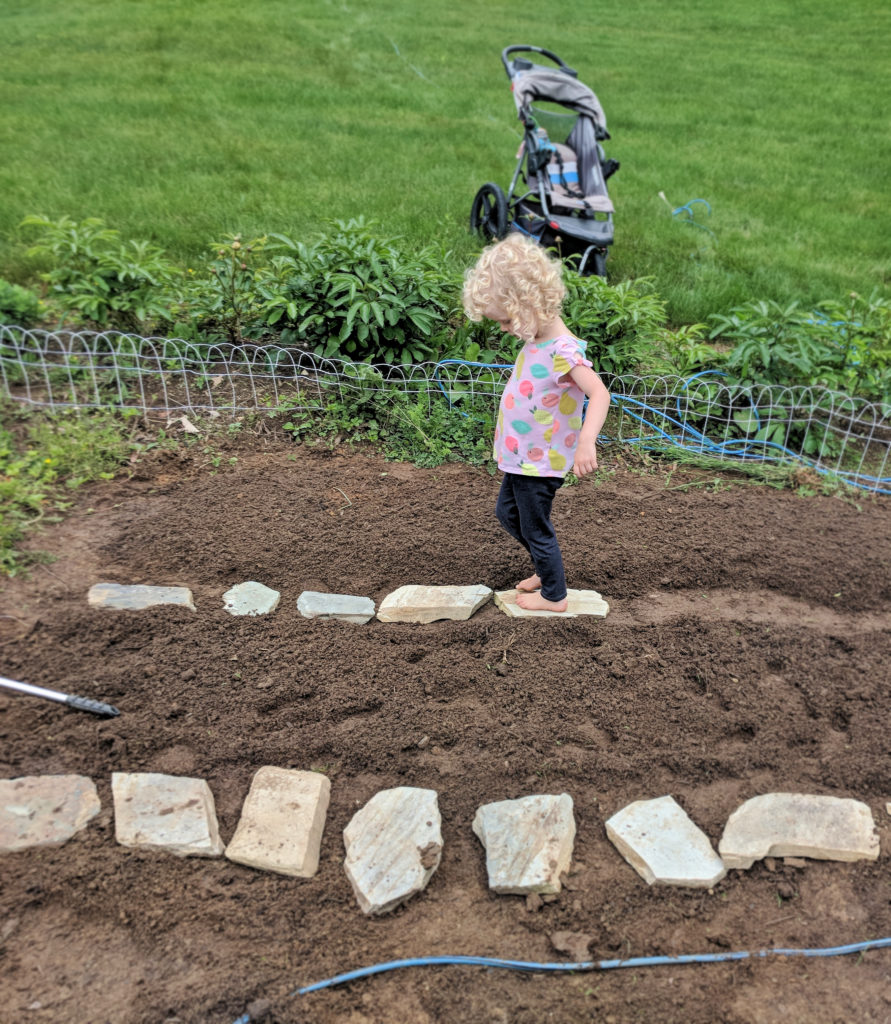
I have been teaching, on average, eight long-weekend classes plus retreats, and giving multiple lectures every year, for twenty-five years now. I do not plan my classes or lectures with any detail. I prefer to get a feeling for the group and go from there. I do, however, have thoughts on my mind the few days or morning before the lecture, and start with that. Because Knowledge with a capital ‘K’ permeates all aspects of life and existence, any topic will open the door, connect with, and shed light on universal (transcendental) Knowledge. Perhaps illustrating that by talking about whatever comes up demonstrates that truth more convincingly than a canned or preplanned lecture.
Though I have employed that principle for over two decades now, this last class illustrated the principle even more fully. As I write this, I am flying home to Asheville from San Francisco, and sharing my reflections on the recent long weekend. I walked into the classroom the first day, Friday, as a blank slate. None of my thoughts that morning felt right to start with, whereas usually I have so many things to share that I do not know where to even begin.
We usually save ‘personal process day’ for Sunday. But Friday morning, I sat down in the classroom and before class even began, I asked a woman in the group how she was doing. What ensued determined the topic of the entire three-day weekend. I would like now to share some aspects of the weekend that I feel are most valuable.
Firstly, language and definitions are flexible. The meaning of words change over time. We are free, then, to use words. Otherwise, they use us—they force us to speak and think within the bounds of tiny definitions that limit and narrow our awareness and stifle our creativity. After all, who has the right to evolve the meaning of words? There is no overlord with such authority. Yet, meanings do change. When need be, we must have the boldness and confidence to mold and contour words to fit our insights and progressive understandings. We are free to do so. We must do so. Otherwise, life itself stagnates.
As the woman explained what was going on in her life, she opened the door to an arena we have not spoken of. Perhaps it is an arena others have discussed and defined with a word—perhaps not. So, in the moment, I defined the term “mindset” to generalize her experience into something universally applicable and not only valuable, but tremendously important and profoundly healing.
A mindset is a mode of function of the physiology of the brain. It is the ‘infrastructure’ or circuitry of the manner in which all life experiences are processed intellectually, as well as emotionally. A mindset determines not just what a person thinks or feels, but more importantly, how one thinks and feels. It is deeply foundational to everything one thinks, feels, and experiences. Every mindset has multiple facets—some positive, some negative. Anger, kindness, self-doubt, reflectiveness, etc. can all be facets of a mindset. Mindset goes far beyond attitude, temperament, belief systems, mood, or personality. It defines the very mode of function, the vessel, that holds all of those things and more. In the past, we have spoken of how the color of the glasses one is wearing determines what is seen and experienced: rose-colored glasses, grey-colored, etc. That points in the direction of mindset, but mindset is far more complex and multifaceted. It reaches deeply into the hidden channels of the heart and mind.








Thank you so much!!! I missed being there so it is extra sweet to have this morsel.
I was fortunate to be at the class and the exploration of mindset added important insights into my mindset. It was interesting that when I felt into mindset there was a depth to it that I can feel but not describe.
Jai Guru Dev
What a perfect picture to open the heart and help the words and message reach even deeper . . !
This reminds me of being in your class In San Diego, trying to decide how to frame a question, only to have it answered by your response to another’s question. Fascinating, and thank you.
It’s interesting the urban dictionary’s definition says, “People who have mindset changes can usually see them days in advance, through their dreams. However, what the change of mindset will be remains a mystery until it is experienced.”
The lines can be blurred between differentiating the head, heart, and belly spaces. A rare certain level of discernment is needed to sense all 3 centers clearly, to realize the presence within… Sometimes a quantum leap can happen!
This is a perfect ! I have been exploring around this arena, but this adds such dimension!
The class was indeed thought provoking and deep. On Friday my thinking was one way in regards to mindset vs belief system and by Sunday it had changed. It did not change because I was convinced to look at it differently… it just simply made more sense. I am liking how it feels to work with it. It seems as though my “mindset” has been jarred loose yet again… although subtly, still significantly.
Interesting comment Michael B.,
When the concept of mindset came up in class, the idea was of a radical, earth-shattering explosive shift. It is indeed physiological and not just a new viewpoint or belief system. But we are just as free to work with the concept and continue to mold it as if we were free to define it in the first place! So I am certainly open to the idea that a mindset can shift subtly, complete with a physiological/brainwave phase transition. Makes sense to me…